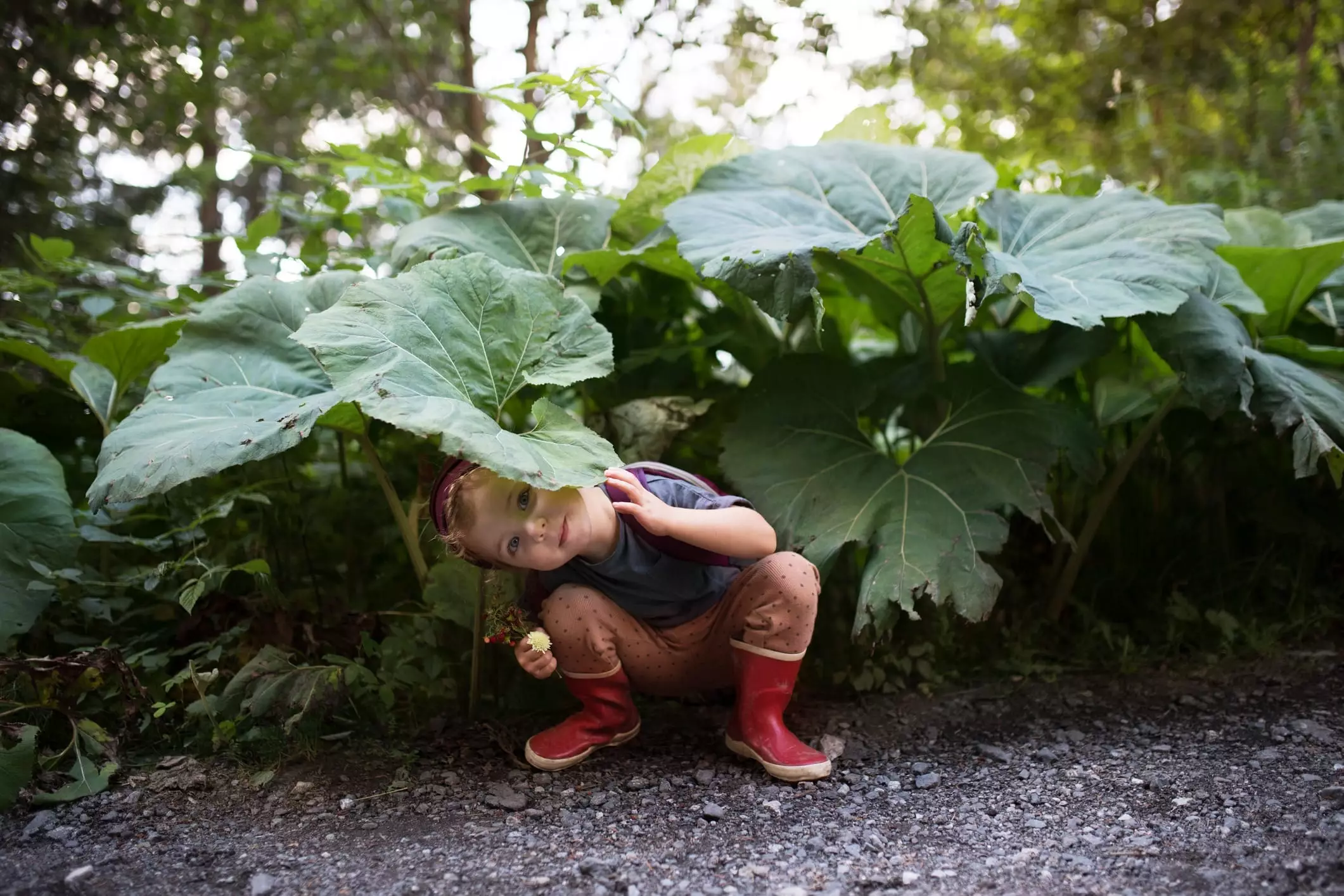At birth, a child is introduced to a bustling world teeming with microorganisms. Curiously, the number of bacterial cells within a human body is approximately equal to the total number of human cells—a staggering fact that invites deeper inquiry into our symbiotic relationship with these invisible entities. Together, they number in the trillions, with an astonishing 38 trillion bacterial cells crafting a unique microbial tapestry that influences our health, moods, and even behaviors. As a mother, business leader, and author dedicated to educating families about microbiomes, I perceive this intricate world as an opportunity to redefine our approach to parenthood and health.
One primary source of these microbes comes from the birthing parent. Beyond just the initial seeding at birth, factors such as skin contact, breastfeeding, and the surrounding environment contribute significantly to shaping a child’s microbiome during those formative years. Intriguingly, both the type of delivery and any antibiotic interventions play crucial roles in establishing a child’s microbial diversity. This living community of microorganisms begins settling and stabilizing between the ages of three and five, forging a foundation that has lifelong implications.
Our grasp of the microbiome has evolved drastically, particularly in light of present-day challenges such as a global pandemic. During these turbulent times, our anxiety surrounding germs has heightened, often leading to an inclination to sanitize aggressively. However, it is paramount to understand that while certain microbes pose threats—like the notorious SARS-CoV-2—most bacteria are beneficial and crucial for maintaining health.
Indeed, our experience as children raised in an antibiotic-heavy world shapes the narrative for today’s parents. Unlike past generations, we have a unique opportunity to educate ourselves and our offspring about the microbiome’s essential role in fostering robust health. This growing knowledge enables parents to navigate parenting with newfound confidence, treating their children’s gut health as a superpower—a valuable tool for resilience.
To nurture our children’s microbiomes effectively, diet emerges as one of the most impactful strategies. Researchers have underscored specific dietary components that significantly benefit the gut flora:
1. Diverse Plant Fibers: Prioritize vegetables, fruits, nuts, and seeds, which are rich in polyphenols and fibers. Foods such as pomegranates and berries not only taste good but also promote bacterial diversity.
2. Fiber-Rich Choices: Incorporate microbiota-accessible carbohydrates from foods like broccoli, Brussels sprouts, and legumes. These complex fibers equip beneficial bacteria with what they need to thrive.
3. Heart-Healthy Fats: Emphasize foods rich in Omega-3 fatty acids (e.g., salmon and chia seeds) and healthy monounsaturated fats (e.g., avocados) which can enhance microbial balance.
4. Minimizing Harmful Elements: Keep added sugars, processed ingredients, and unhealthy fats to a minimum, as excessive consumption can disrupt gut ecology, impairing metabolism and the immune response.
Childhood nutrition plays an essential role in creating a flourishing microbiome, laying the groundwork for lifelong health.
Exposure to natural environments is increasingly acknowledged as vital for cultivating a healthy microbiome. Time spent outdoors allows children to interact with a variety of microbes endemic to their surroundings. Research suggests that enhanced biodiversity in outdoor settings substantially benefits children’s gut and skin microbiomes. Encouraging children to play in soil gets them in touch with beneficial microbes that can promote their immune function and potentially reduce allergy risks.
Moreover, simply engaging in outdoor activities can lead to physical health benefits, as exercise naturally contributes to a balanced microbiome. As parents, we must advocate for outdoor play and exploration as fundamental components of our parenting strategies.
Maintaining a healthy microbiome isn’t solely about diet and outdoor play; it encompasses a lifestyle approach. Practices such as regular tooth brushing help safeguard the mouth microbiome, which influences oral health and even systemic health. While our pets may seem like simple companions, their unique microbial communities also enrich our lives. Encouraging children to interact closely with pets not only promotes affection and responsibility but helps familiarize their bodies with beneficial microbes.
Integrating probiotics can also be beneficial, yet it is essential to discern between fermented foods and scientifically validated probiotics. Probiotic supplements provide specific strains of beneficial microbes shown to confer health benefits, such as aiding digestive wellness and enhancing immune responses. Parents should educate themselves about specific strains for optimal health outcomes, creating a happy medium between conventional food and nutritional science.
As we uncover more about the essential roles microbes play in health, we shift toward a deeper understanding of how to support our children’s microbiome. The evolution of scientific insights permits us to discard old fears and embrace microbes as essential partners in health. Armed with knowledge, parents can make informed choices that shape children’s lives.
In writing “A Kids Book About Your Microbiome,” my aim is for both children and adults to grasp these concepts readily. The more we understand the intricate world of microbes, the better equipped we are to navigate our family’s health proactively. Let’s remember: as parents, we are superorganisms in our own right, and our children can thrive knowing they share this invisible journey with us.

